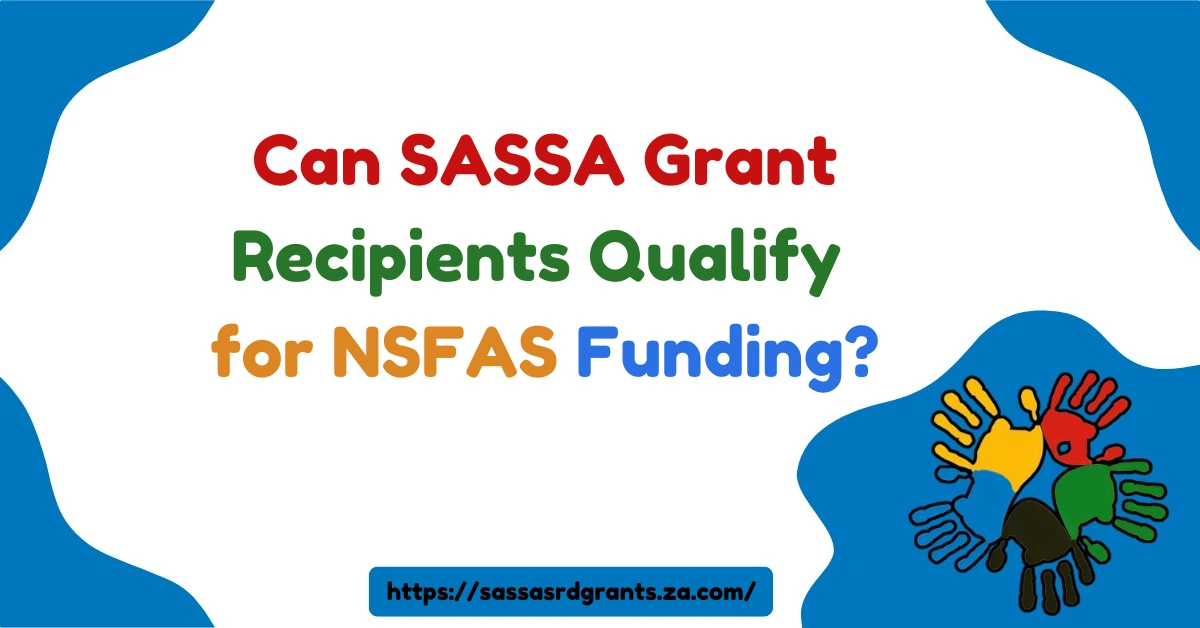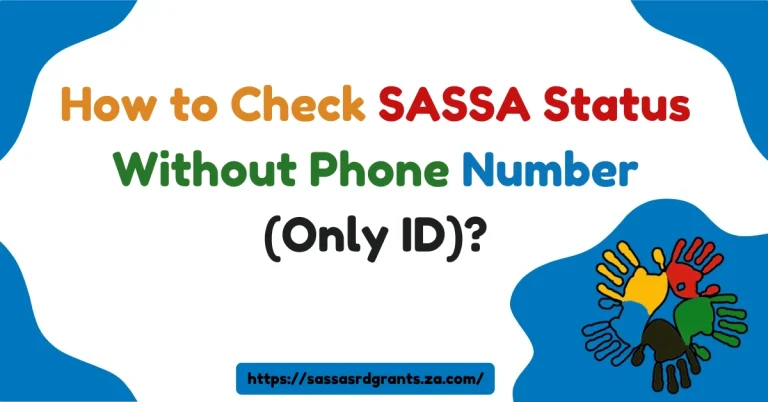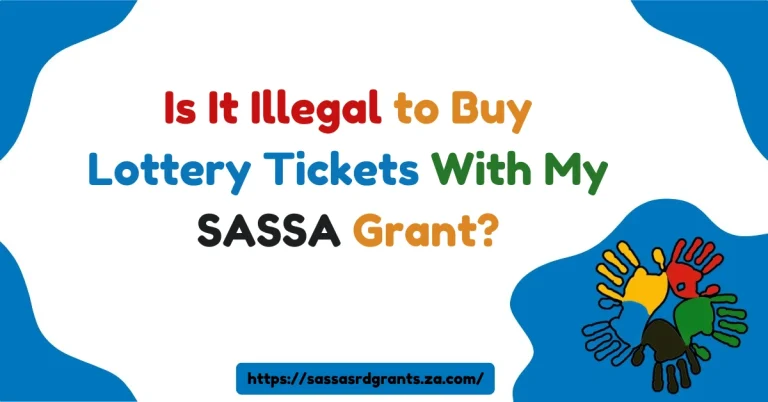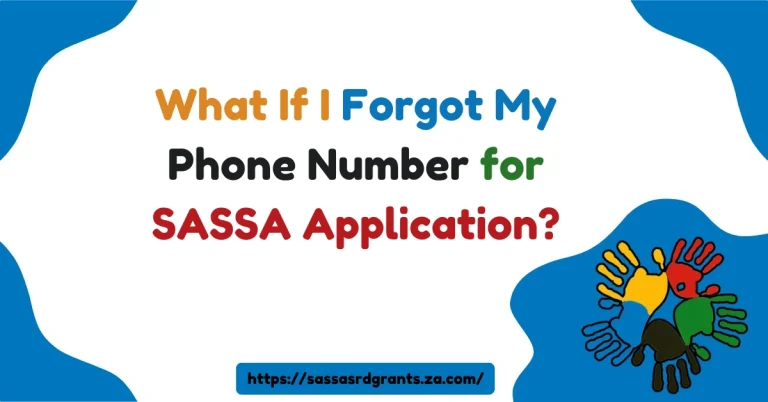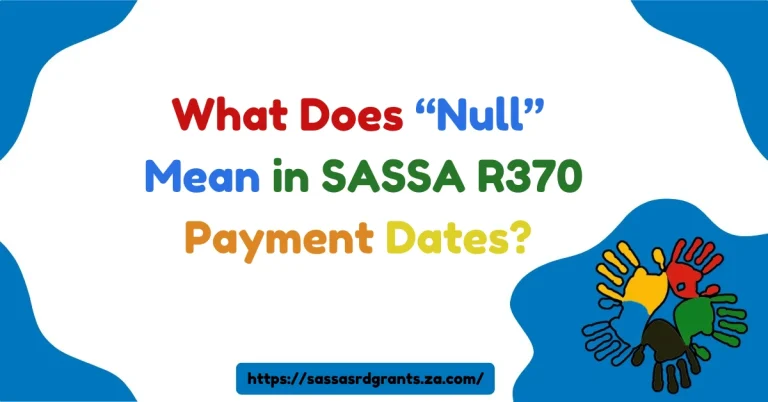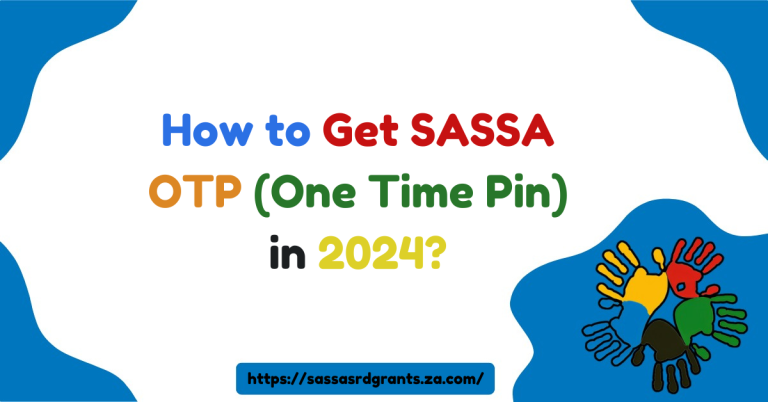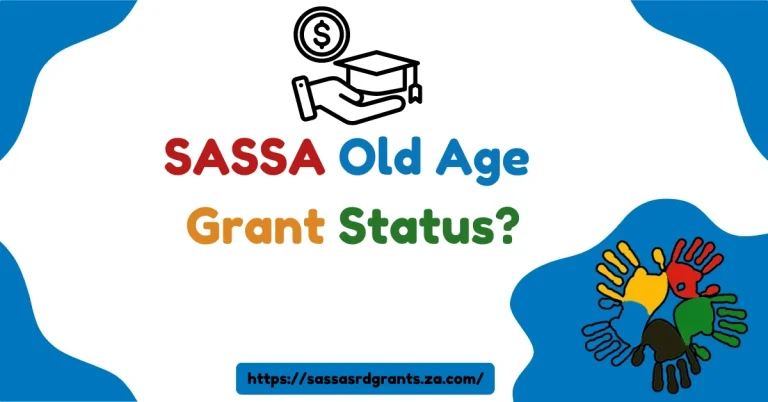Can SASSA Grant Recipients Qualify for NSFAS Funding?
If you’ve ever wondered whether receiving a SASSA grant affects your chances of getting financial aid through NSFAS, you’re not alone.
This is a common question for many South African students and parents navigating the financial pressures of pursuing higher education.
As someone who’s dived into these questions before, I’m here to break down all you need to know about how SASSA grants and NSFAS funding work together—and whether you might qualify for both.
Let’s explore the details to clarify who can benefit from both types of financial aid and why.
Can SASSA Grant Recipients Qualify for NSFAS Funding? (Quick Answer)
Yes, some recipients of SASSA grants can qualify for NSFAS funding. Specifically, if you receive grants such as the Child Support Grant, Disability Grant, Care Dependency Grant, or Foster Child Grant, you may meet the eligibility requirements. However, if you’re relying on the Social Relief of Distress (SRD) R350 grant, you won’t qualify for NSFAS.
Here’s why: the SRD grant serves a short-term purpose for individuals with no financial means, while NSFAS supports students from low-income households pursuing higher education.
To qualify for NSFAS, you must:
- Be a South African citizen.
- Have a household income below R350,000 per year.
- Be accepted into a public university or TVET college.
Let’s look at these programs in greater detail to understand their roles and how they interact.
Understanding NSFAS and SASSA Grants
What is NSFAS?
The National Student Financial Aid Scheme (NSFAS) is a government-funded program designed to help underprivileged students access higher education. It covers essential costs like:
- Tuition fees
- Accommodation
- Textbooks
- Living allowances
The program ensures that deserving students from low-income families can attend public universities or TVET colleges without financial hardship.
What is SASSA?
The South African Social Security Agency (SASSA) provides financial support to vulnerable groups. This includes:
- The elderly
- Disabled individuals
- Children in need
SASSA offers various grants, such as the Child Support Grant, Disability Grant, and Foster Child Grant, to uplift South African households facing financial challenges.
Although both programs serve different purposes, they align in their goal to reduce poverty and inequality.
Who Can’t Receive Both NSFAS and SASSA Grants?
If you’re a recipient of the SRD R350 grant, you’re not eligible for NSFAS funding. Why? The SRD grant is a temporary relief mechanism aimed at those who have no other financial support, including access to educational funding.
In contrast, NSFAS is tailored to students from financially disadvantaged households who are actively pursuing higher education.
If you rely solely on the SRD grant, your NSFAS application will likely be denied because the two programs target different groups with distinct needs.
Who Can Qualify for Both NSFAS and SASSA Grants?
If you receive any of the following SASSA grants, you may still qualify for NSFAS funding:
- Child Support Grant
- Disability Grant
- Care Dependency Grant
- Foster Child Grant
These grants are intended for long-term financial assistance and often support families who also aim to improve their future through education.
For students receiving these grants, NSFAS acts as an additional layer of financial aid, enabling access to higher education institutions.
The NSFAS program recognizes that recipients of these grants are often from vulnerable groups, making them ideal candidates for educational funding.
Eligibility Requirements for NSFAS
To receive NSFAS funding, you’ll need to meet the following criteria:
- Be a South African citizen.
- Have a household income of R350,000 or less per year.
- Be accepted or enrolled at a public university or TVET college.
- Meet any academic requirements set by NSFAS or your institution.
If you meet these qualifications and don’t receive the SRD grant, you’re likely eligible for NSFAS funding, even if you’re a SASSA grant recipient.
How NSFAS Supports SASSA Grant Recipients
A significant portion of NSFAS funding goes toward students who are also SASSA recipients. For example, in 2023, approximately 49% of NSFAS funding was allocated to students who qualified automatically due to their financial need as SASSA grant recipients.
Here’s a quick breakdown of the 2023 NSFAS budget:
- R47.6 billion total funding.
- R38.6 billion for university students.
- R8.9 billion for TVET college students.
This overlap highlights the government’s commitment to helping vulnerable groups access higher education.
What If You Only Receive the SRD Grant?
If you’re solely dependent on the SRD R350 grant, you won’t qualify for NSFAS funding. However, there are other options available:
- Government bursaries: Explore programs like the Funza Lushaka Bursary for teaching or other sector-specific scholarships.
- Private scholarships: Some organizations offer financial aid to students in unique situations.
- Institutional funding: Contact your university or college to inquire about internal funding opportunities.
By researching these alternatives, you can still find ways to pursue higher education, even if NSFAS isn’t an option.
Tips for a Successful NSFAS Application
- Double-check your eligibility: Ensure you meet all criteria before applying, particularly regarding household income and citizenship.
- Gather all documents: Provide accurate information, including proof of household income and SASSA grant documentation.
- Apply early: Avoid last-minute delays by submitting your application well before the deadline.
Taking these steps can help streamline the application process and improve your chances of securing funding.
Frequently Asked Questions (FAQ’s)
1. Can SASSA grant recipients apply for NSFAS funding?
Yes, SASSA grant recipients can apply for NSFAS funding, except those receiving the SRD R350 grant, as it does not meet NSFAS criteria.
2. Which SASSA grants qualify for NSFAS funding?
Recipients of the Child Support Grant, Disability Grant, Care Dependency Grant, and Foster Child Grant may qualify for NSFAS funding if they meet additional requirements.
3. Why don’t SRD grant recipients qualify for NSFAS?
The SRD R350 grant is meant for short-term financial relief, whereas NSFAS supports long-term educational needs, making SRD recipients ineligible.
4. What is the household income limit for NSFAS eligibility?
To qualify for NSFAS, your household income must be R350,000 or less per year.
5. Does NSFAS automatically accept SASSA grant recipients?
Not always. While many SASSA recipients qualify automatically, you must still meet other NSFAS criteria, such as enrollment in an eligible institution.
6. Can I qualify for other bursaries if I don’t meet NSFAS requirements?
Yes, there are other government and private bursaries available, even if you don’t qualify for NSFAS funding.
7. What does NSFAS funding cover?
NSFAS funding covers tuition, accommodation, textbooks, and living allowances for students at public universities or TVET colleges.
Conclusion
In summary, your eligibility for NSFAS funding as a SASSA grant recipient depends on the type of grant you receive.
While recipients of the Child Support Grant, Disability Grant, Care Dependency Grant, or Foster Child Grant can qualify for NSFAS, those relying on the SRD R350 grant won’t.
Understanding these distinctions is key to navigating your options for educational funding. If NSFAS isn’t available to you, explore other government or private bursaries designed to support students from unique financial backgrounds.
Remember, education is an invaluable tool, and with persistence, you can find the resources to achieve your academic goals.
